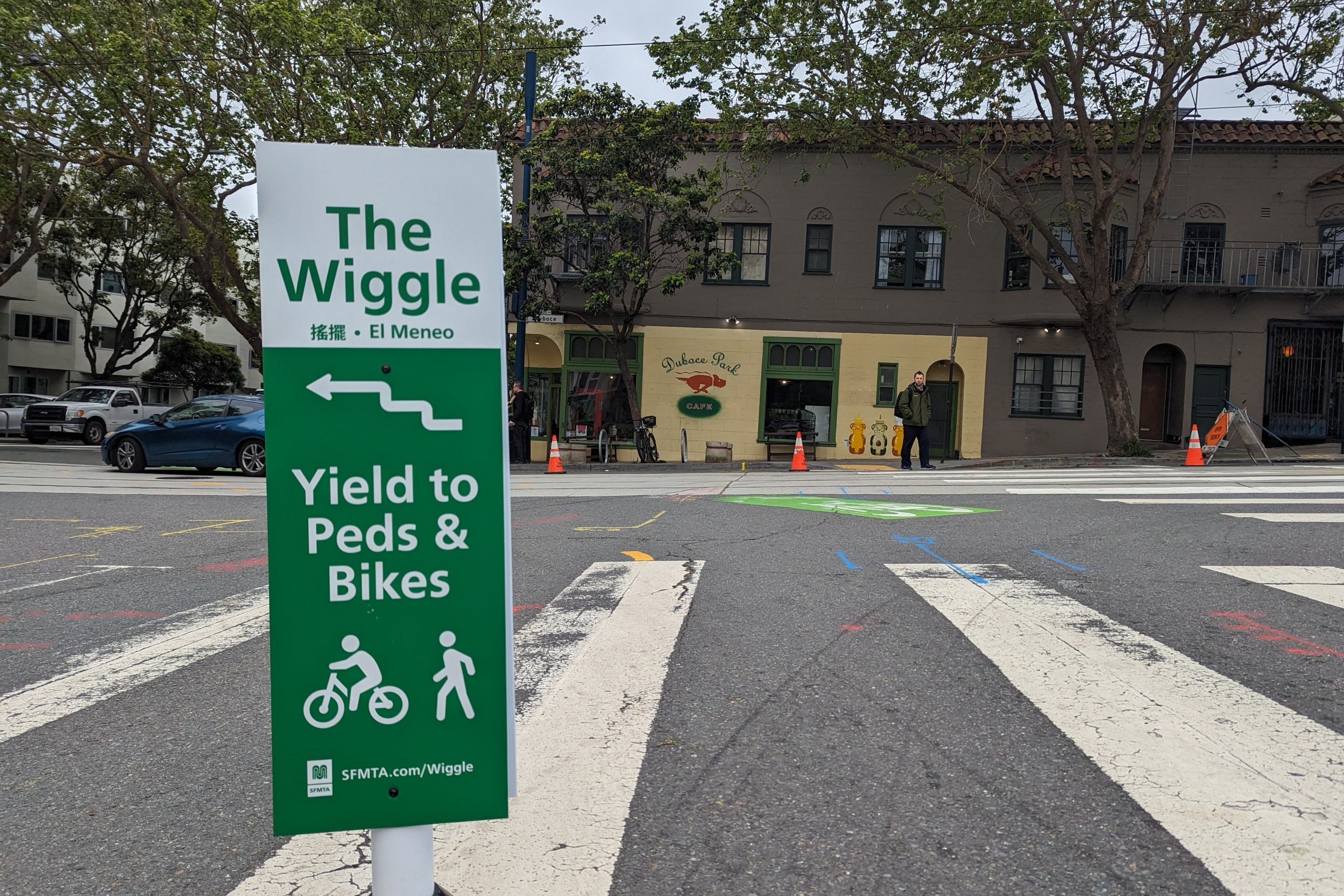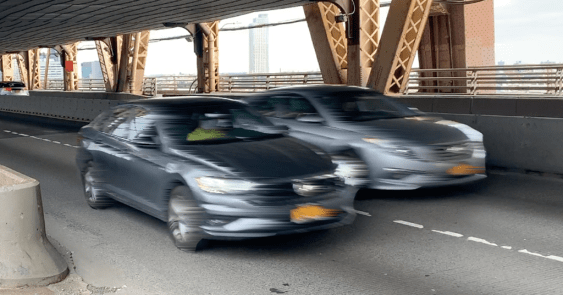On the heels of the good news from Sacramento that the San Francisco Municipal Transportation Agency (MTA), which operates Muni, will get $36 million in state funding for this fiscal year and the next, the agency's directors must now make difficult decisions about how to spend that money: Could it mean smaller or delayed service cuts, smaller fare increases, or some of both?
Even with the state funds on the way, the MTA will have a daunting task
in filling a $55
million budget gap in the next fiscal year and a $45
million budget gap in the year following that. Those deficits assume
10 percent service cuts -- at a savings of over $28 million annually --
and the controversial proposal for a premium Fast Pass.
Mayor Gavin Newsom, the Board of Supervisors and MTA Executive Director Nat Ford have all weighed in on what they want to come off the chopping block, but the ultimate vote rests with the MTA Board.
"It was a big surprise to everybody to get the $36 million from the state -- a good surprise," said MTA Board Chairman Tom Nolan. Nolan said it wasn't a surprise, however, that everyone in San Francisco has offered a solution for spending the windfall.
The timing and severity of service cuts will likely be the most contentious issue facing the MTA Board. Since the MTA will get the $36 million from the state in a lump sum before the end of the current fiscal year, it could use the funds to cancel service cuts it approved earlier this month that go into effect in May. Those cuts were intended to help close a $16.9 million budget gap for the end of the current fiscal year, June 31.
Nolan said he's less amenable to putting off service cuts entirely for the end of the current fiscal year, only to have to deal with them in the coming years. His preferred course of action might mean going through with service cuts approved earlier this month on the same schedule, but reducing them from 10 percent to 7 or 8 percent, and putting the savings towards avoiding deeper service cuts next year.
That would allow the MTA to preserve more service on the most heavily used lines, instead of an across-the-board cut, he said.
Another challenge is the proposal to charge a premium for monthly Fast Passes for express bus routes
and cable cars, which has drawn criticism from the Board of Supervisors. Supervisors will vote on a resolution [PDF] opposing the premium passes next week. Because the supervisors have the final vote on fare changes, and because the passes would only net $1.8 million annually, Nolan said he doesn't plan to
contradict their decision.
"[The supervisors] have already indicated they don't want to do that," said Nolan.
"If they're not going to do it, there's no reason for us to continue to
put it in there. That's not a huge amount of money anyway."
Even if the agency cuts service and introduces the premium passes as planned, the state funds will still only bring its deficits down to $19 million and $13.6 million in the next two years. Without the premium pass change and with a smaller service cut of 7 percent, those deficits could each grow by over $10
million.
That's all the more reason not to spend the initial $36 million right away, argued Nolan. "Some of the more draconian things, take them out," he said. "But save the bulk of it for next year, because July 1 [the beginning of the next fiscal year] is going to be here very, very soon."
"I wouldn't be surprised if some version of my view prevails -- not because it's my view," he added, "but just
knowing the members of the board."





